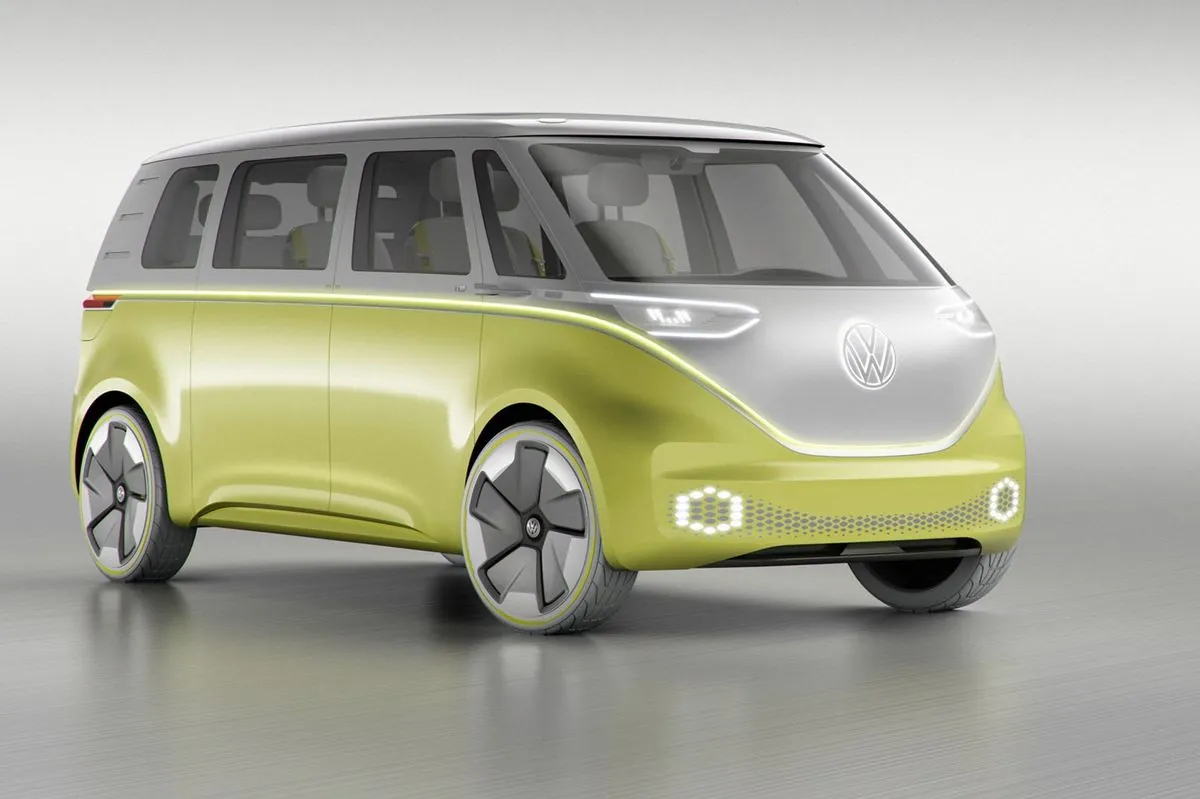Volkswagen's Global EV Strategy Faces Investor Skepticism
Volkswagen's $5 billion Rivian investment fails to impress investors. The automaker faces challenges in China and ambitious US growth targets, while planning new electric models globally.

Volkswagen Group's recent $5 billion investment in Rivian failed to boost investor confidence, highlighting the challenges facing the German automaker in its global electric vehicle (EV) strategy. The company's stock dropped 1.6% following the announcement, reflecting concerns about costs and competitiveness in key markets.
In China, Volkswagen is grappling with declining market share as domestic EV makers like BYD gain ground. The company's China market share has fallen from 19% in 2019 to 14.5% in 2023. Despite plans to introduce over 30 new electric or hybrid models by 2030, Volkswagen expects to continue losing market share in the near term.
"Until then, we do not expect rising market share — rather the opposite."
The automaker is pinning its growth hopes on the US market, aiming to more than double its share to 10% by 2030. However, investors and analysts express skepticism about this target, citing the crowded US market and resistance to EVs.
Volkswagen plans to launch two electric models under the revived Scout brand in late 2026, along with an electric version of its iconic Microbus, the ID. Buzz, later this year. The company is also considering new gas-powered SUVs and plug-in hybrids for the US market.

In response to challenges in China, Volkswagen has announced significant investments, including a $2.7 billion EV design-and-production hub in Anhui province and a $700 million investment in Chinese EV maker Xpeng. The company aims to achieve cost parity with local competitors for compact cars by 2026.
Investors remain cautious about Volkswagen's ability to meet its ambitious targets. The company faces stiff competition in hybrids from Toyota and Ford, while its brand identity in the US market remains unclear. Some analysts suggest that investing in hybrid versions of existing models might be more beneficial than the planned Scout revival.
As the global automotive industry undergoes a significant transition towards electrification, Volkswagen's strategy and execution will be closely watched by investors and industry observers alike.


































